Society Economy and Polity in Modern Andhra
Synopsis
An introduction is the first and the last word in any book. Some busy scholars who do not have time and patience, and some lazy scholars who find it tiring to plod through the detailed empirical analysis, often content themselves by confining to the reading of introduction. Anyway, an introduction is no substitute for a book, and hence, it is not recommended as the first and the last word for an integral scholar. These essays deal with the evolution of institutions and movements in rural and Urban Andhra during the last phase of the colonial rule in early half of the 20th century. They narrate social, economic and political processes in shaping up the class and caste hierarchy. These essays were composed over many years as a part of the ongoing research. IN this volume they have been classified in accordance with the convergence of themes but they can be read separately and independently of each other without much problem. This first section of the book is about the agrarian society and economy. It trances the evolution of the dominant class of landlords under British rule, their relationship with tenantry and their eventual decay with the advent of the market economy to which they were unable to adapt themselves. The old or pre-British landlords formed a distinctive class following the law of primogeniture in the inheritance of estates which were often not subjected to encumbrance or alienation. The new zamindari class crated under British rule in 1802 subjected the landed estates to frequent sub-division and alienation. With the advent of British rule the was stripped off its military power and subordinated to the East India Company as landed gentry paying a fixed tribute. These essays focus upon the material basis of upper caste power and authority at the grassroots level, an analysis conspicuously absent in the conventional Marxist studies of social classes in India. The sociological analysis of caste in terms of cultural binary opposition between purity and pollution is also equally inadequate and unsatisfactory. Caste has to be seen as a material reality with solid foundation in economic production. The dominant castes had a concentration of large holdings in their hands whereas the landholdings of lower castes were small and fragmented. The upper castes also occupied administrative office and enjoyed power, authority and social status. The traders, shopkeepers and moneylenders belonged mostly to Komati caste. The artisans and village servants were submordinated to the upper castes by numerous ties of dependence. The concentration of land with upper castes pushed the vast majority of lower castes to the position of tenants-at-will or agricultural labourers by using rack renting and evictions as instruments of exploitation and expropriation.
Read more
38.70
34.83
$
43.00 $
Free delivery Wolrdwidе in 10-18 days
Ships in 1-2 days from New Delhi
Membership for 1 Year $35.00
Get it now and save 10%
Get it now and save 10%
BECOME A MEMBER

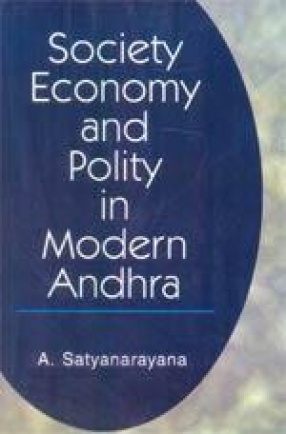
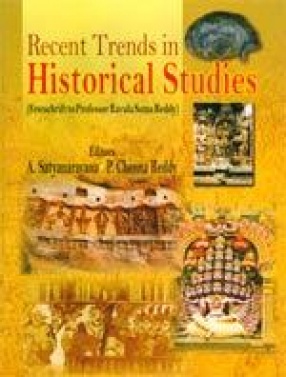
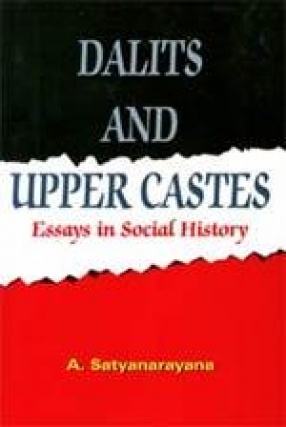
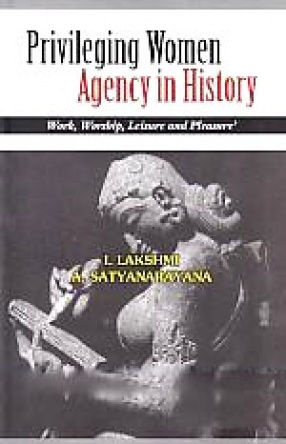
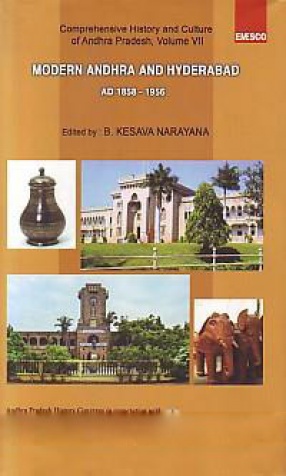


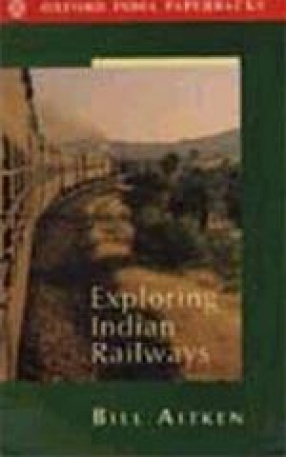


Bibliographic information